NQF Level:
5
Credits:
15
Minimum Duration:
6 Weeks (Part-Time)
Faculty:
Information, Communication & Future Technologies
Department:
Micro-Credentials & Short Learning Programmes
Accreditation Authority:
AIFT Senate
Master the Fundamentals of Software Testing and Pave the Way for a Career in Quality Assurance
This dynamic micro-credential programme is thoughtfully designed to provide participants with a robust foundation in software testing, empowering them with both the knowledge and practical expertise to excel in this essential field. Aligned with the prestigious International Software Testing Qualifications Board (ISTQB) Foundation Level certification, this programme offers a deep dive into core testing principles, cutting-edge techniques, and powerful tools, ensuring learners are equipped to embark on a rewarding career in software quality assurance. Through a seamless blend of theoretical insights and hands-on experience, participants will master the art of applying industry-standard testing methodologies to real-world scenarios, ultimately contributing to the development of flawless, high-quality software.
Why Choose This Qualification?
Gain a solid foundation in software testing principles and techniques. Learn how to apply ISTQB best practices to improve testing efficiency and software quality. Prepare for a career in software testing with practical experience in test planning, execution, and reporting. Equip yourself with the skills necessary to pursue ISTQB certification and enhance career opportunities in the software development industry.
Admission Requirements.
Not explicitly mentioned in the document
Qualification Structure.
Week 1: Introduction to Software Testing - Understand the key principles of software testing and its importance in the development lifecycle. Week 2: Testing Techniques and Methodologies - Explore various testing types and methodologies, including functional, non-functional, and regression testing. Week 3: ISTQB Testing Practices - Learn the best practices for software testing as per ISTQB standards, focusing on efficiency and repeatability. Week 4: Test Automation and Tools - Familiarise yourself with common testing tools and automation techniques to streamline testing processes. Week 5: Reporting and Evaluating Software Quality - Develop skills to assess software quality, document test results, and communicate findings to stakeholders. Week 6: Assessment and Certification - Final Project Submission, Feedback, and Certification.
Learning Outcomes.
Gain a thorough understanding of the fundamental principles of software testing, including its importance in the software development lifecycle and the role of testers in ensuring quality. Explore various testing types (functional, non-functional, regression, etc.) and methodologies (Agile, Waterfall, V-Model), understanding when and how to apply them. Learn how to implement ISTQB-standard testing techniques, ensuring that testing processes are efficient, repeatable, and aligned with industry best practices. Familiarise yourself with common software testing tools and automation techniques, enhancing productivity and accuracy in testing. Develop the skills to evaluate software quality, document test results, and report defects, ensuring clear communication with development teams and stakeholders.
International Comparability.
Not explicitly mentioned in the document
Qualification Modes of Delivery and Support.
Blended Learning: Combines online modules with in-person practical sessions. Distance Learning: Fully online with asynchronous support. Face-to-face Workshop sessions for personalised mentorship and peer interaction.
Career Opportunities.
In-Demand Skill Set, Certification Preparation, Industry-Ready.
Articulation Options.
Not explicitly mentioned in the document
Ensure Compliance, Empower Financial Accuracy.
Empower Financial Accuracy




